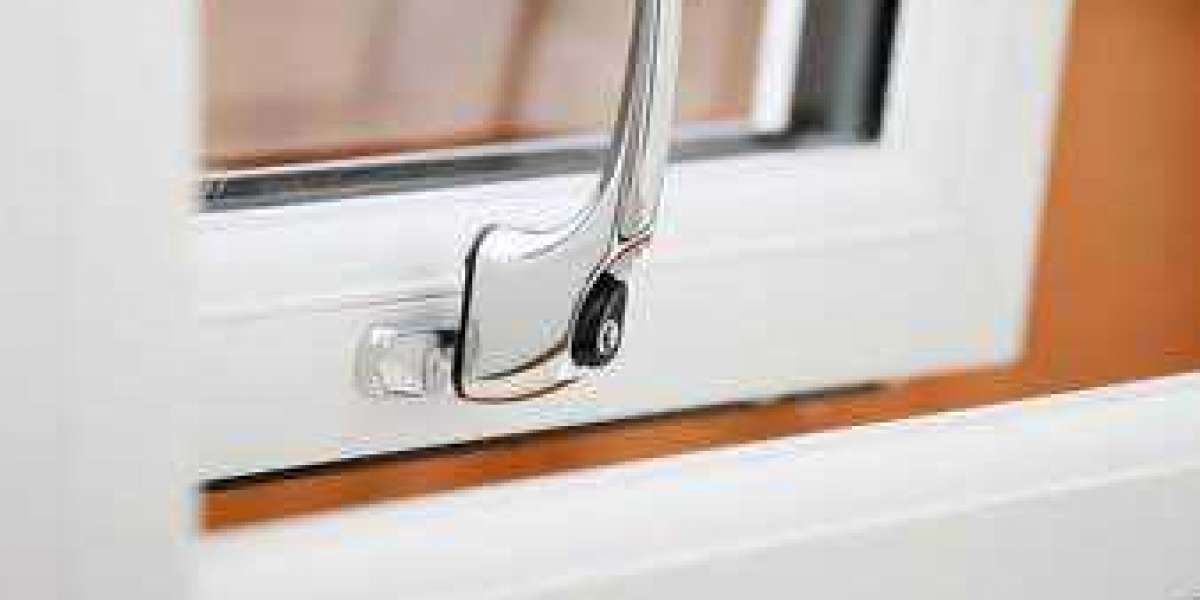Purchasing or renting property in Lahore can be a rewarding experience, but it also requires a cautious and well-informed approach. One of the most important aspects of any real estate transaction is the verification of property documents. Whether you are a buyer, seller, or tenant, verifying legal documents can help you avoid fraud, ensure legal compliance, and protect your investment. In this comprehensive article, we will walk you through all the essential steps and considerations involved in verifying property documents in Lahore.
- Understanding the Importance of Property Document Verification
Property transactions often involve substantial financial commitments. Therefore, due diligence in verifying ownership and legal status is essential. Document verification ensures that:
- The seller has the legal right to sell the property
- The property is free from disputes and encumbrances
- All dues and taxes are cleared
- The property is compliant with development authority regulations
Skipping this step can lead to legal troubles, financial losses, and even property confiscation.
- Essential Property Documents to Verify
Here is a list of key documents that must be verified before entering into any property transaction:
- Title Deed (Registry/Bayanama): The title deed is the most critical document, establishing ownership of the property. Ensure that the deed is in the seller’s name and cross-check the details with the Punjab Land Record Authority (PLRA).
- Mutation Certificate (Intiqal): This document reflects the transfer of ownership in government records. The mutation must be updated with the current owner’s name.
- Fard Malkiat (Ownership Document): Issued by the PLRA, this document provides a detailed history of the property’s ownership and helps identify any disputes or pending litigation.
- Sales Agreement: This is the agreement between buyer and seller outlining the terms of sale. It should be drafted by a legal expert and signed by both parties.
- NOC (No Objection Certificate): Depending on the locality (DHA, Bahria Town, LDA), a NOC may be required from the housing society or development authority. This ensures the property is not involved in any legal or planning issues.
- Approved Map and Building Plan: Verify that the construction is in accordance with the approved plan from the local municipal authority. Unauthorized structures can lead to penalties or demolition.
- Utility Bills and Tax Receipts: Ensure that the seller has cleared all utility bills (electricity, gas, water) and property taxes. Outstanding dues can become the liability of the new owner.
- Verification Process with Punjab Land Record Authority (PLRA)
The PLRA offers digital services that make document verification easier and more accessible. You can:
- Visit the official PLRA website
- Enter the property’s details, including location and Khewat number
- Obtain the Fard Malkiat and confirm ownership records
Alternatively, you can visit a local Arazi Record Center (ARC) for in-person verification.
- Legal Verification Through a Property Lawyer
Hiring a legal expert is highly recommended. A property lawyer can:
- Review all documents for authenticity
- Draft and vet the sales agreement
- Conduct legal due diligence on property title
- Ensure all taxes and dues are cleared
While this adds to the cost, it significantly reduces the risk of fraud or future disputes.
- Verifying Society-Affiliated Properties
Properties in private societies like DHA, Bahria Town, or LDA City require additional steps:
- Visit the relevant society office
- Request verification of plot or house ownership
- Obtain NOCs, allotment letters, and payment history
Each society has its own procedure and documentation, so it’s important to follow their specific guidelines.
- Red Flags to Watch Out For
During the verification process, be cautious of:
- Unregistered or handwritten documents
- Discrepancies in owner names
- Properties without NOCs
- Outstanding litigation or disputes
- Sellers unwilling to share original documents
These are often indicators of potential fraud.
- Verifying Rental Properties
For rental properties, make sure to:
- Confirm the landlord’s ownership through PLRA or society records
- Sign a proper tenancy agreement with clear terms
- Register the agreement with local authorities (if applicable)
- Request utility bill clearance before moving in
- Documentation for Overseas Pakistanis
If you are living abroad and investing in Lahore property, ensure you:
- Use a trusted real estate agent or lawyer
- Authorize someone through a legal power of attorney
- Verify all documents through online PLRA portals
- Consider using overseas investment facilitation desks
Conclusion
Verifying property documents is not just a formality; it is a critical step to ensure your investment in Lahore’s real estate is safe and legitimate. From checking title deeds and tax receipts to seeking NOCs and legal advice, every step matters. By following this comprehensive guide, you can minimize risks and make well-informed decisions whether you're buying, selling, or renting a property in Lahore.
Always remember: When in doubt, consult a legal professional. It might cost a little more, but it can save you from major legal and financial setbacks in the future.







